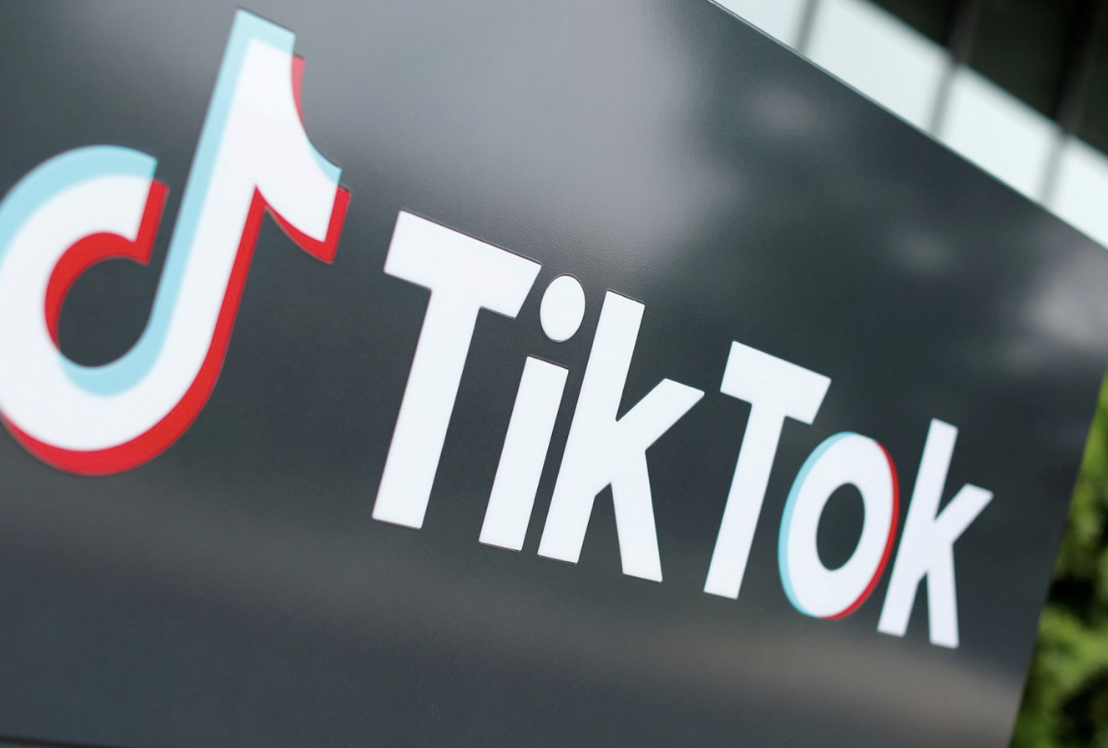By: The Editors – nationalreview.com – December 7, 2022
A series of reports detailing TikTok’s undeniable ties to China has once again subjected the company to the sort of scrutiny that it deserves, making it more likely that Congress or the executive branch institutes a ban on the TikTok app.
Since June, we’ve learned, among other things, that engineers in China accessed the data of TikTok users, that another China-based team planned to monitor the locations of specific U.S. citizens, that there are no meaningful firewalls blocking TikTok’s U.S. operations from its China-based parent ByteDance, and that 300 TikTok and ByteDance employees have come from Chinese state media outlets.
The upshot is simple. There’s very little — if anything at all — that separates TikTok from ByteDance. And ByteDance’s connections to the Chinese Communist Party, including an internal CCP committee that meets at the company’s headquarters to study party orthodoxy and that has a contract to promote propaganda surrounding the mass abuses against Uyghurs, are reason enough to bar TikTok from operating in the U.S.
Appropriately, the bipartisan political response to these revelations has been massive. South Dakota governor Kristi Noem just announced that her state would no longer permit its employees to use the app on their work phones. Such action on the state level is a good start. But something more significant might be in the offing. Treasury secretary Janet Yellen and FBI director Christopher Wray have both referred to TikTok as a national-security threat in recent weeks. Senator Marco Rubio and Representative Mike Gallagher recently introduced legislation to ban the app outright. And Democrats aren’t so far behind: Senate intelligence chairman Mark Warner has stressed that Donald Trump was right to seek a ban of the app, while Senator Chris Murphy tweeted that Chinese ownership of TikTok is unacceptable. Other lawmakers have followed up with letters demanding answers from TikTok.
In January, Republicans will take control of the House, and several GOP-led committees can be expected to bear down on several open lines of inquiry, demanding that TikTok submit documents and send its top executives to appear before their committees.
The first objective must be to meaningfully distinguish fact from fiction. TikTok, several lawmakers have complained in recent months, has misled Congress. “The social-media company is either misleading or providing false information to Congress about its data-sharing and privacy practices,” Representative James Comer, the expected next chair of the powerful Oversight Committee, recently told National Review. Apparently, TikTok representatives had told committee staffers that China-based staff cannot access U.S. users’ locations — and they said this several weeks before reports revealed that ByteDance had planned to do just that. Rubio and Warner have also accused TikTok’s chief lobbyist, Michael Beckerman, of misrepresenting his company’s practices during a congressional hearing. TikTok must be held accountable for its most egregious lies, and renewed investigations will go a long way toward spotlighting them.
That heavier focus from the GOP majority will coincide with the Biden administration’s ongoing negotiations with TikTok about its future in the U.S. Although the president backed down from a court battle surrounding Trump’s TikTok ban order, the Committee on Foreign Investment in the United States could still order that ByteDance fully cut its ties to TikTok. Reports indicate that the talks are ongoing, but any eventual agreement would likely result in a partnership between TikTok and the software firm Oracle to store the data of its American users on U.S. soil.
Yet even if it were possible to construct a solution that results in the total sealing off of U.S. user data from China-based personnel — and this is a highly unlikely outcome — other problems would remain.
TikTok counts tens of millions of Americans among its users, many of whom are Gen Zers who use the app for basic search functions, akin to Google, in addition to video entertainment purposes. And, increasingly, TikTok has hosted political content. That raises the possibility that ByteDance, either in concert with or under pressure from the Chinese authorities, could contort TikTok into a megaphone for party propaganda. Wray warned about this possibility and that TikTok could “control software on millions of devices, which gives it an opportunity to potentially technically compromise personal devices.”
TikTok executives want you to believe that their company is just like any other “normal” social-media company, in that it faces a challenging set of problems which can be overcome by internal policy changes. That’s the tack that CEO Shou Chew took last week in New York, where he appeared for an interview at a New York Times–hosted conference. Chew’s performance hit all the right notes, and he played the affable tech-exec type who demonstrates a commitment to transparency and accountability. But Chew, who previously served as ByteDance’s CFO when he also started in the TikTok chief’s role, exemplifies the primary problem with TikTok: It can’t be separated from ByteDance, which is clearly beholden to the CCP.
To see this article in its entirety and subscribe to others like it, choose to read more.
Source: Ban TikTok from America: ByteDance Beholden to Chinese Communist Party | National Review
 Listen Online
Listen Online Watch Online
Watch Online Find a Station in Your Area
Find a Station in Your Area










 Listen Now
Listen Now Watch Online
Watch Online
